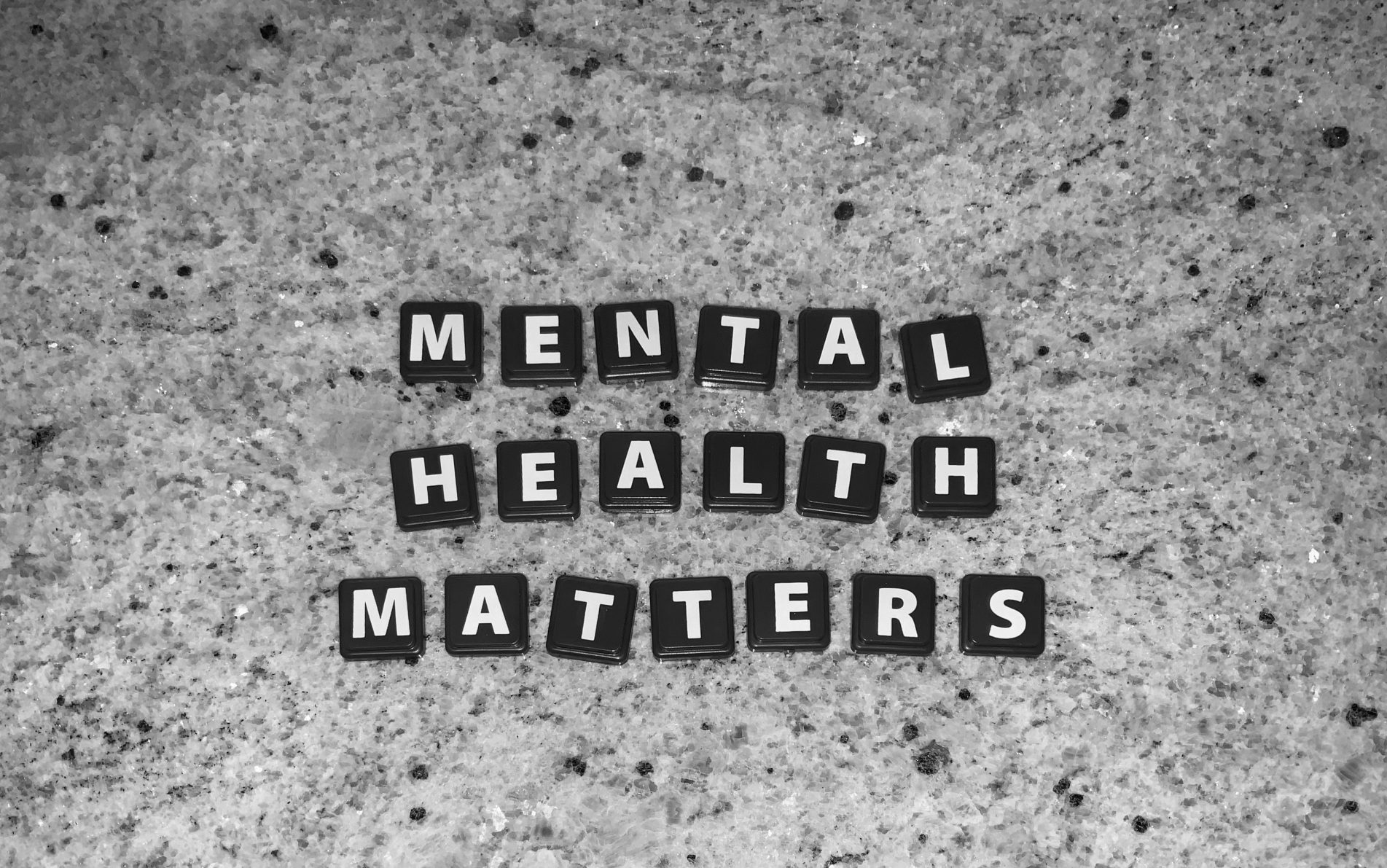
This year alone, over 47 million Americans are reportedly experiencing mental illness, according to Mental Health Alliance, a US-based non-profit. As common as they are—judging by the numbers—mental health issues often remain taboo or shameful, and often elicit little of the empathy and support shown to those suffering from physical ailments, like heart disease or a broken bone.
Although the conversation surrounding mental health has become more open and frequent in recent years, we’ve still got a long way to go as a culture. And while many have moved the needle – with scores of non-profits and celebrities working for change – a longstanding stigma persists.
According to the Mayo Clinic, the stigma surrounding mental health can lead to a sense of disconnection from one’s family and friends, fewer work opportunities, bullying, and more.
At its worst, the stigma prevents people from seeking the help they need. For those who are suffering, this added roadblock can be a life-and-death issue. And while we are grateful for the growing awareness of mental health issues, more can be done. Read on for ways we might be perpetuating the stigma and three things one can do instead…
-
Get Help
As prominent research shows, the stigma around mental health can be deadly. It can prevent people from seeking the help and support they need, leading to dire outcomes. Today more than ever, there are countless qualified therapists and clinicians to offer solutions and support. Being willing to prioritize mental health can seem like a risky game in the modern world, but ultimately proves necessary for long-term wellness – your career and relationships will be all the better for it.
-
Talk About It
One way to directly influence the stigma surrounding mental health is to begin to talk openly about it. Often, as a culture, it’s a topic we avoid or evade. Usually, this isn’t driven by malice, but more from just not knowing what to say or how to say it. For those experiencing mental health issues, finding a few safe and trusted confidants can be a good place to start a dialogue.
While you may not find everyone sympathetic or helpful, a few allies can go a long way. And for everyone else, being a good listener can offer someone refuge and sanity. Approaching conversations with an attitude of curiosity, rather than judgment or solutions, can be a great starting point.
-
…But Use Language Carefully
How often do we describe someone who is meticulous as “OCD”? Or casually call someone “crazy”? According to some researchers, using mental health disorders as descriptors can lessen their seriousness and fuel stigma and misconceptions. Instead, try avoiding mental health terms as buzzwords and using language more consciously. When people begin to develop a deeper understanding of mental illness, it is easy to see the potential harmfulness of a seemingly lighthearted comment.
-
Try Compassion
Compassion – for ourselves and others – can serve as a powerful salve against whatever we are facing. Be it the difficulties associated with raising a mentally ill child to the challenge of trying to treat one’s own mental illness, a compassionate stance can make it infinitely more bearable. Research from respected academics such as Kristen Neff has shown that compassion can get us through otherwise impossible situations with more grace and effectiveness.
Mental Health Treatment in Scottsdale
In order to truly change the sentiment around mental illness, it will take a group effort. From supporting those who are experiencing it, to educating ourselves, using language more intentionally, and practicing compassion, there is much we can do.
If you or someone you know needs help, Scottsdale Providence offers comprehensive mental health treatment in Scottsdale, Arizona.
Scottsdale Providence treats adults with primary psychiatric disorders including depression, anxiety, bipolar disorder, post-traumatic stress disorder and co-occurring disorders. Many of our patients have no history of substance abuse. Our services are delivered by a multidisciplinary team experienced in treating complex mood and psychiatric disorders.
Clinical Foundation & Therapeutic Modalities
Mental Health PHP and IOP treatment consist of individual and group therapy along with psychiatric care. The clinical foundation of our program is in Interactive Journaling, an innovative experiential modality that puts the client at the center of their change process. Our expert treatment team blends CBT, Motivational Interviewing, DBT, Acceptance and Commitment Therapy, Narrative Therapy, Solution-Focused Therapy, EMDR, Neurofeedback and Occupational Therapy to promote long term recovery. Weekly psychiatric evaluation and medication management, case management, discharge planning, acupuncture, yoga and fitness activities all make up a truly comprehensive treatment experience.
